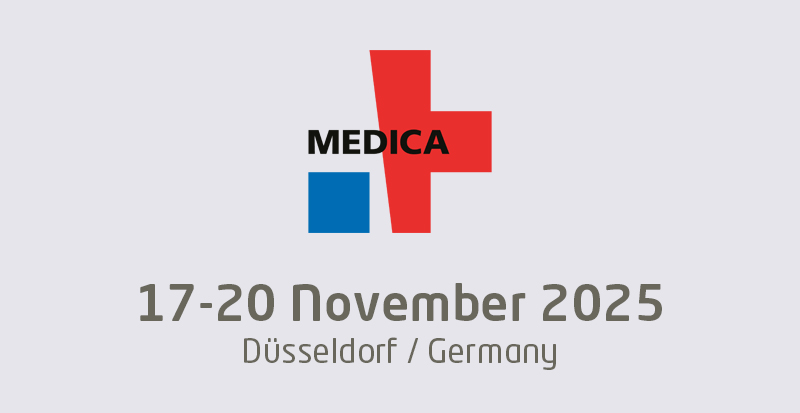Electronic health records, which have long been maligned as disruptive to the patient/physician relationship, can be used to enhance communication and interaction, according to an article published in the Journal of the American Medical Association.
The authors, physicians from the National Institutes of Health, note that EHRs already can be used for electronic messaging with patients, and to provide patient’s access to their records and educational resources. But EHRs also create “new possibilities” to encourage dialogue and have a positive effect, they say.
“When clinicians invite patients to view the computer screen and parts of the electronic chart, it not only avoids uncomfortable periods of idle silence that sometimes accompany EHR-related tasks, but it may enhance the relationship aspect of patient-physician communication in a way that fosters patient activation in real time,” the authors say.
Patients who already are engaged may see the increased interaction as a positive act of transparency; for more passive patients, the authors say, using the EHR may be a way to increase their involvement in their care.
Clinicians do need to be careful, however, about how they document “socially stigmatizing” conditions, as it is now more likely that patients will see the records, according to HealthDay News.
Other studies have shown that patients appreciate access to the data in their EHRs. Such access can boost loyalty and improve patient safety. One VA study revealed that while patients welcome viewing their records, they were sometimes offended by the language physicians used in the chart.
























